Using Internship Supervisor Evaluations for Program Assessment
A successful Animal Science program produces graduates that are well-prepared to assume professional roles in the work force …

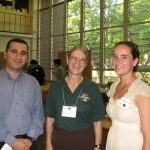
A successful Animal Science program produces graduates that are well-prepared to assume professional roles in the work force …
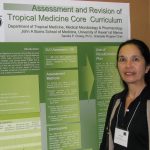
The Tropical Medicine Curriculum Committee reviewed the organization and content of the Tropical Medicine MS and PhD core …

In February 2009, the TIM School, through its Faculty Senate, began a process of program assessment with the …
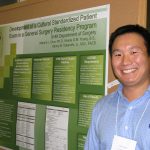
Due to the growing diversity of the United States population, various legal mandates and accrediting bodies require doctors …
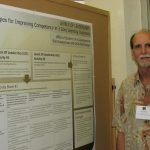
Two years ago, the staff of the Office of Student Life and Development (SLD) began the process of …
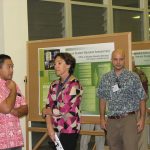
Each year, the Office of Student Housing Services conducts an assessment to measure our resident’s perspective of various …
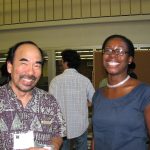
The Department of Psychology has adopted the learning goals and outcomes proposed by the American Psychological Association Task …
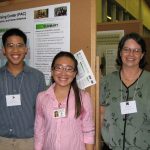
Students who utilize PAC’s services learn their roles and responsibilities in the advising relationship; create a comprehensive plan …
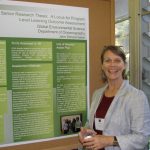
The Global Environmental Science (GES) program offers a B.S. degree through the Department of Oceanography in the School …
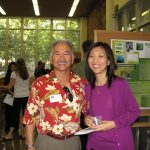
The poster gives the Assessment Tools that we use in our department to assess our department Program Objectives …
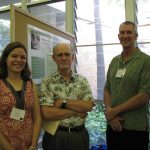
The LIS Program believes that assessment is the key to improving student learning and refining our teaching. The …
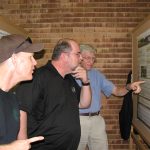
Anthropology is a four-field discipline that encompasses historical, humanistic, biological, linguistic, and psychological approaches to a holistic study …
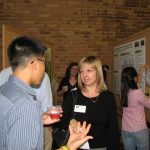
In Spring 2008, the English Department began assessment of student writing for the University’s Foundations Requirement in Written …
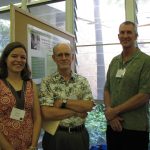
From fall 2007 to spring 2009, the UH Writing Mentors Program has reached approximately 1,300 students across 70 …
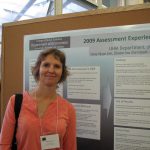
The learning objectives of the undergraduate program in economics include economic literacy, critical thinking, quantitative reasoning, and ability …

The poster describes the Department of Civil and Environmental Engineering’s process of assessing program outcomes. The steps in …
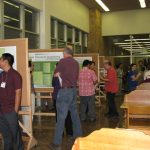
The Department of Botany faculty members have completed the initial steps of developing a program assessment plan for …

The B.S. degree in Marine Biology from the University of Hawaii at Manoa College of Natural Sciences is …
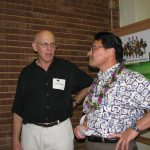
The student-athlete experience at the University of Hawai‘i is unique! One significant challenge for our student-athletes is traveling …
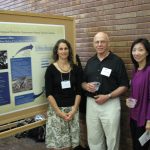
The Assessment Office supports programs as they engage in program-level assessment of student learning. Program assessment is undertaken …
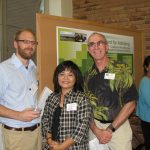
In the last few years, the need has increased at UHM for students to more actively engage in …